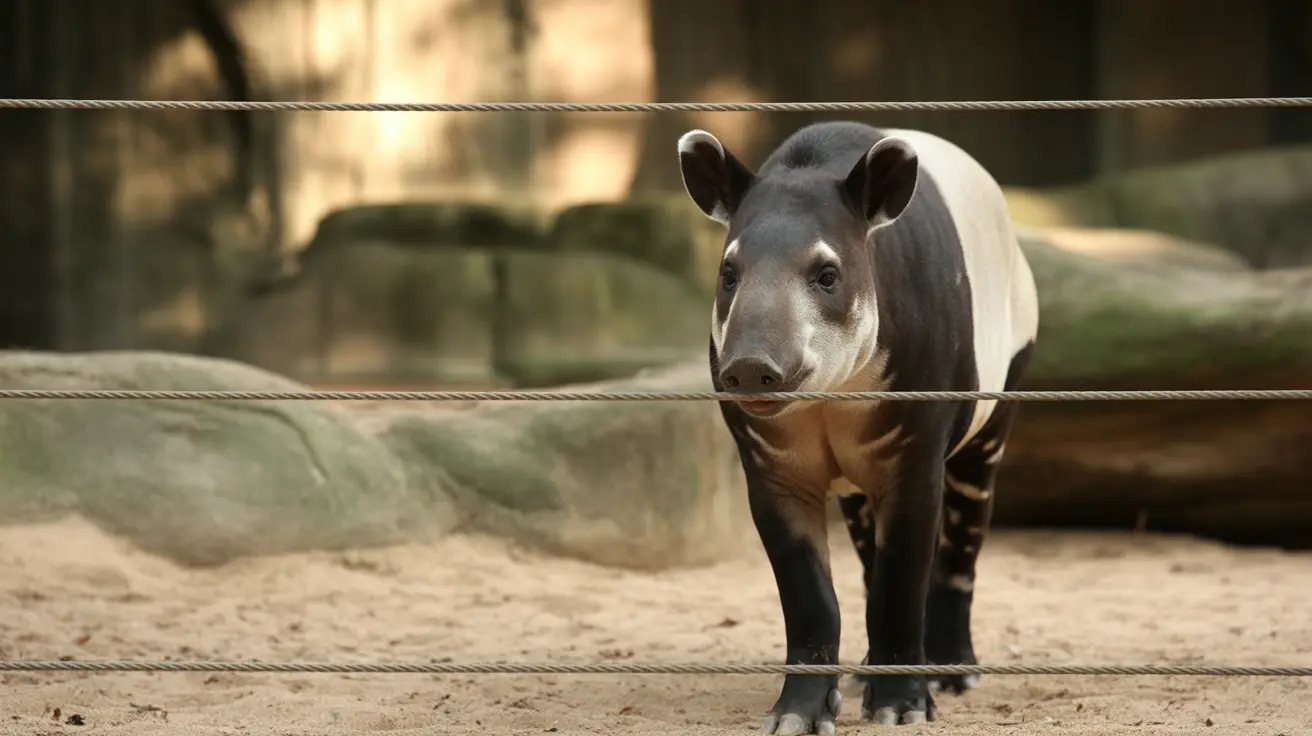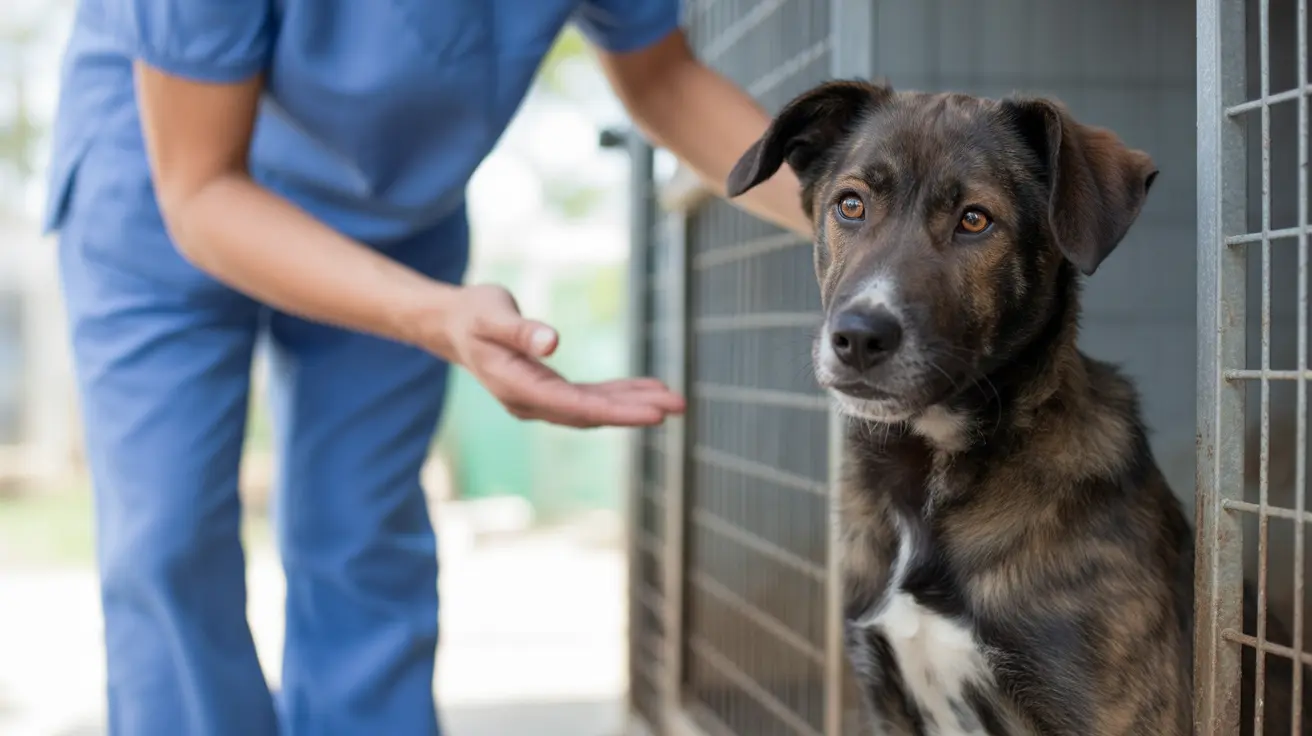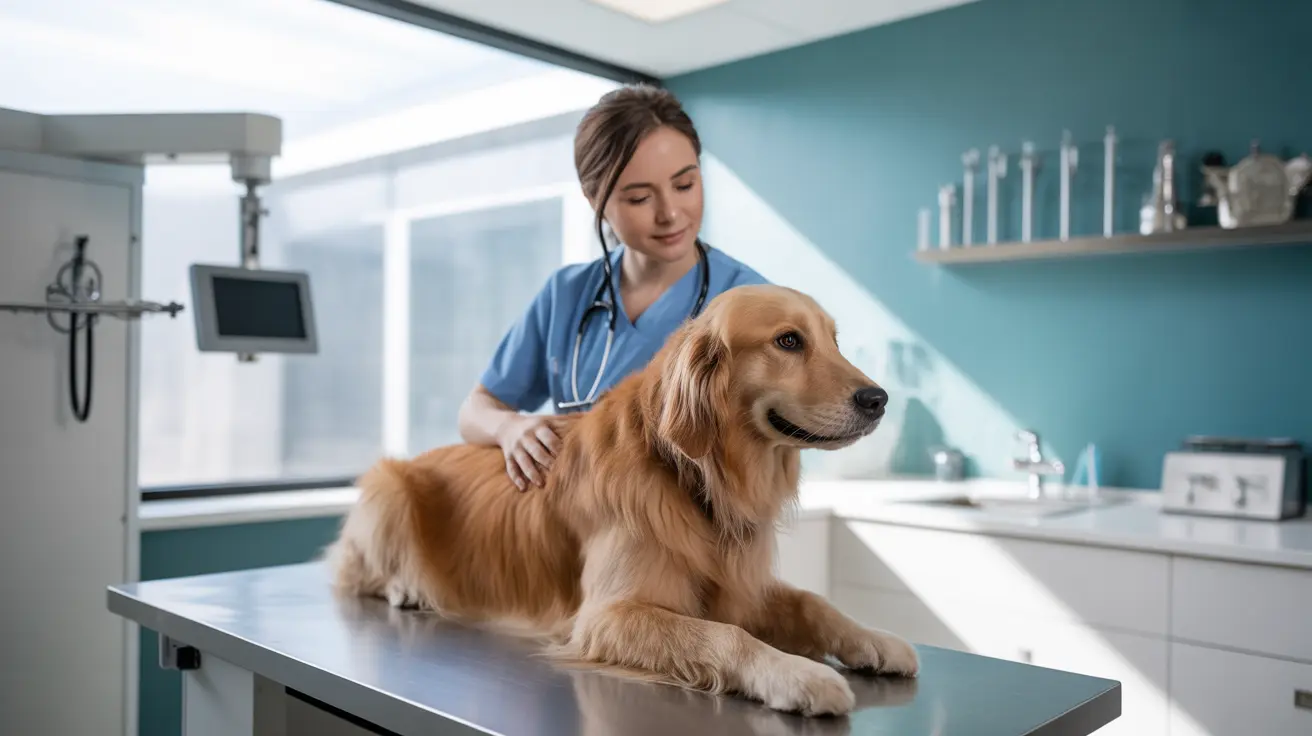Can Olive Oil Help a Dog’s Dry Nose?
A dog's nose plays a vital role in its overall well-being. It aids in smelling, gathering environmental data, and regulating body temperature. Typically moist due to mucus and constant licking, a dog's nose may occasionally become dry due to several benign or medical causes. One common question among pet owners is: Can olive oil help a dog’s dry nose?
What Causes a Dog’s Nose to Become Dry?
- Sleeping: Dogs usually stop licking their noses while asleep, resulting in temporary dryness.
- Environmental Factors: Conditions such as dry indoor air, sun exposure, or heating appliances can reduce nose moisture.
- Breed Characteristics: Short-nosed breeds may have more difficulty licking their noses, leading to dryness.
- Age: Older dogs may produce less mucus, contributing to a drier nose.
- Dehydration: Lack of water intake affects overall hydration, including the nose.
- Allergies and Irritants: Reaction to pollen, food, or chemicals may dry the nose or cause irritation.
- Medical Conditions: Conditions like autoimmune diseases, infections, hyperkeratosis, or hypothyroidism may cause severe dryness or cracking.
Can Olive Oil Help?
Olive oil contains moisturizing properties and may help temporarily soothe and hydrate a dry nose. However, it is not specifically formulated for canine skin and could present issues if ingested in quantity, as dogs tend to lick their noses. While not inherently harmful, olive oil can vary in quality, and additives or contaminants may cause irritation.
For minor dryness, a small amount of pure, extra virgin olive oil applied externally can be safe. However, it should be used sparingly and only after ensuring there are no open wounds or signs of infection on the dog’s nose. If in doubt, always consult a veterinarian before using home remedies.
Better Alternatives to Olive Oil
- Dog-Safe Nose Balms: These are specifically formulated to moisturize a dog’s nasal tissue and are safe if ingested in small amounts.
- Coconut Oil: Known for its antibacterial and moisturizing properties, this is another safe option for dogs if used appropriately.
- Veterinary Products: Prescription creams or balms may be required in cases of severe dryness or underlying disease.
When to See a Vet
If a dry nose is persistent and accompanied by cracking, bleeding, crusting, open wounds, or changes in behavior or appetite, veterinary evaluation is essential. Conditions such as lupus, pemphigus foliaceus, or hypothyroidism require targeted medical therapy.
How to Prevent Dry Nose in Dogs
- Hydration: Provide fresh water regularly, especially in hot weather or after exercise.
- Humid Environment: Use a humidifier indoors during colder months to combat dry air.
- Sun Protection: Apply dog-safe sunscreen to prevent sunburn, especially on light-colored noses.
- Allergy Management: Identify and minimize exposure to potential allergens such as certain foods or cleaning products.
- Regular Grooming: Clean the nasal area gently to remove debris and promote healthy skin.
Diagnosis and Treatment
When symptoms persist, veterinarians may perform physical exams, blood tests, biopsies, or imaging to identify underlying problems. Treatments may involve medicated creams, immunosuppressants for autoimmune diseases, or addressing metabolic causes with dietary changes or medications.
Conclusion
Although olive oil can provide temporary relief for a mildly dry dog nose, dog-specific balms and moisturizing agents are safer and more effective. Always monitor your dog’s nose for changes and consult a veterinarian if symptoms persist or worsen.





